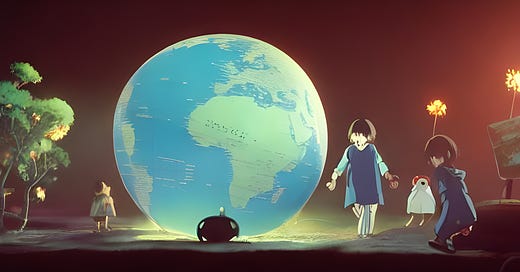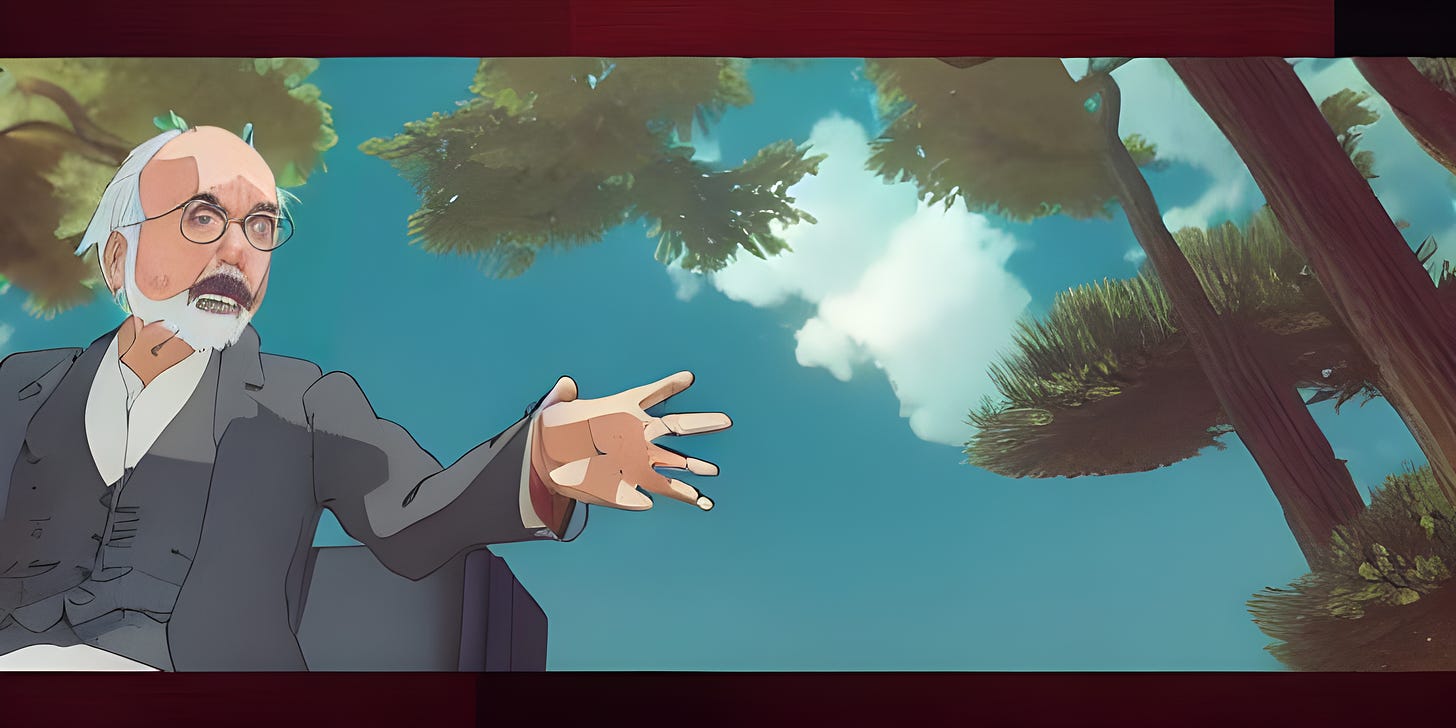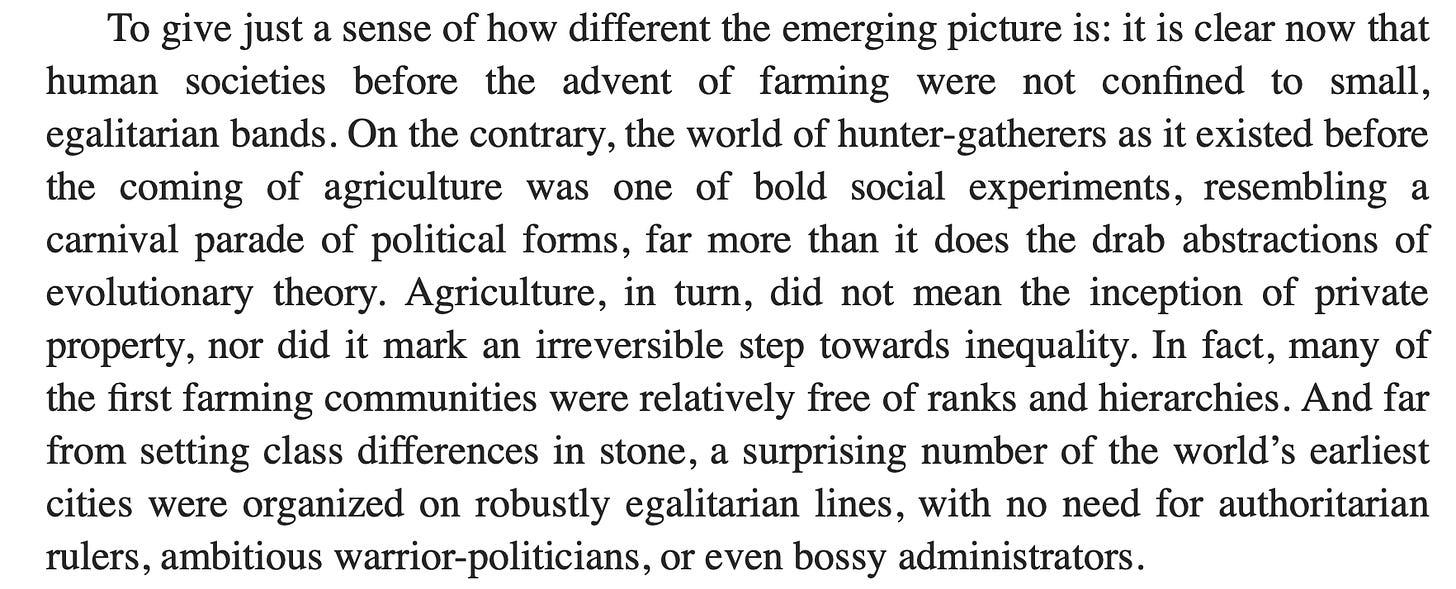Kant argued that we don’t have direct access to the world; we can only grasp it as filtered by our mental capacities. While his argument was directed at the individual human mind, philosophers such as Hegel who built upon Kant’s insights said that the proper setting for the ‘human potential’ is social life, what Marx might call our ‘species being.’
Man is a species-being, not only because in practice and in theory he adopts the species (his own as well as those of other things) as his object, but*and this is only another way of expressing it*also because he treats himself as the actual, living species; because he treats himself as a universal and therefore a free being
How universal are we though? Can we ever be the mirror of nature? What is the fullest expression of this species being? The answer to all these questions passes through the Globe, of which I said in last Friday’s essay:
What interests me is the regime change from the globe to the earth, where
globe = society + (nature as represented in society), while
the earth is life on the planet qua planet.
The Globe is humanus maximus (I just made that up, so don’t go searching for the phrase), maximal humanity, and it’s also a maximal contradiction, in that:
There’s an inexorable movement towards realizing the globe
That movement exhausts the very ‘nature’ it depends upon and in the process, creates the conditions of its own destruction.
But that’s not all there is to the globe. While it’s the fullest expression of ‘humanity,’ that humanity isn’t an abstract universal or an ahistorical essence. For example, there’s one claim, made by Steven Pinker among others, that imperial civilization (which is one way of bringing all humanity together as humanity) has been making our lives better in the long run:
and there’s the counter claim, made by Graeber and Wengrow:
While not explicitly global, there’s also ‘big history’ which situates human history in larger cosmological developments. I don’t think big history would make much sense if the Globe wasn’t available as an organizing principle. While we live in a truly global era today, that organizing principle can be (with some strain) extended to the full sweep of human existence, for it’s primarily an imagination of humanity in society with the non-human world as its ‘other.’ An other known only through media that society creates to grasp that alien landscape.
The Globe is both transcendent principle without which it’s impossible to grasp ‘humanity’ and the imminent web of connections, technologies and institutions that bind us together as an autonomous, collective being.
The Globe isn’t an egalitarian concept, at least not necessarily so. The Leviathan is a global concept. Binding all humans into one society doesn’t mean we are equally bound.
It’s only when positioned against the Earth does the Globe look like a smooth, internally homogeneous entity. Everything about the Globe is a matter of disagreement, and I am going to explore that roiling terrain for a bit while keeping the overall contradiction between the Globe and the Earth in mind.







